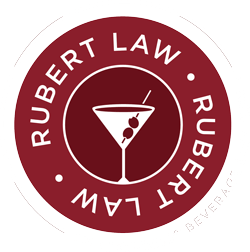There was recently updated guidance involving certain Craft Beverage Modernization Act (CBMA) provisions that directly apply to distilled spirits. These are in response to three frequently asked questions.
How can we legally transfer distilled spirits in bond?
The owner of a distilled spirits plant (DSP) may transfer bulk (beverage or industrial) in bond to another DSP. Under new laws instituted January 1, 2022:
- The owner may transfer to another DSP they own or as part of a group
- The proprietor may transfer it for storage or packaging if it returns to the DSP or a transferrer for removal as long as the owner retains title throughout the entire process of distilling, processing and removal.
- Proprietors may transfer industrial spirits in bond from one DSP to another.
When the bonded spirits are transferred to a transferee, can the transferee conduct other actions besides transporting and packaging?
It is common practice to add water when bottling distilled spirits, ensuring appropriate label proof. The added water cannot change the class of the distilled spirit. No actions besides adding water, packaging or transport is allowed.
What domestic activities constitute processing for the purposes of reducing taxed reduced distilled tax rates?
Reduced tax rates apply to spirits distilled or processed and then removed by the DSP during the calendar year. The DSP is considered a distilled spirits processor when it manufactures, mixes or processes in some way. This includes:
- Manufacturing distilled spirits
- Mixing distilled spirits with other materials like flavor, water (excepting the point regarding bottle proof), and wines
- Otherwise physically changing the nature of the spirits inside a container, including filtering
Processing does not include changing labeling on containers or repacking if the distilled spirits are unaltered.
These laws are complicated
These explanations of the regulations are intentionally brief and simplified for clarity. Those with questions or concerns regarding the manufacturing, transport or distribution of distilled spirits need to check with a professional who understands these regulations. Using foresight is far more desirable, practical and less expensive than being non-compliant.
